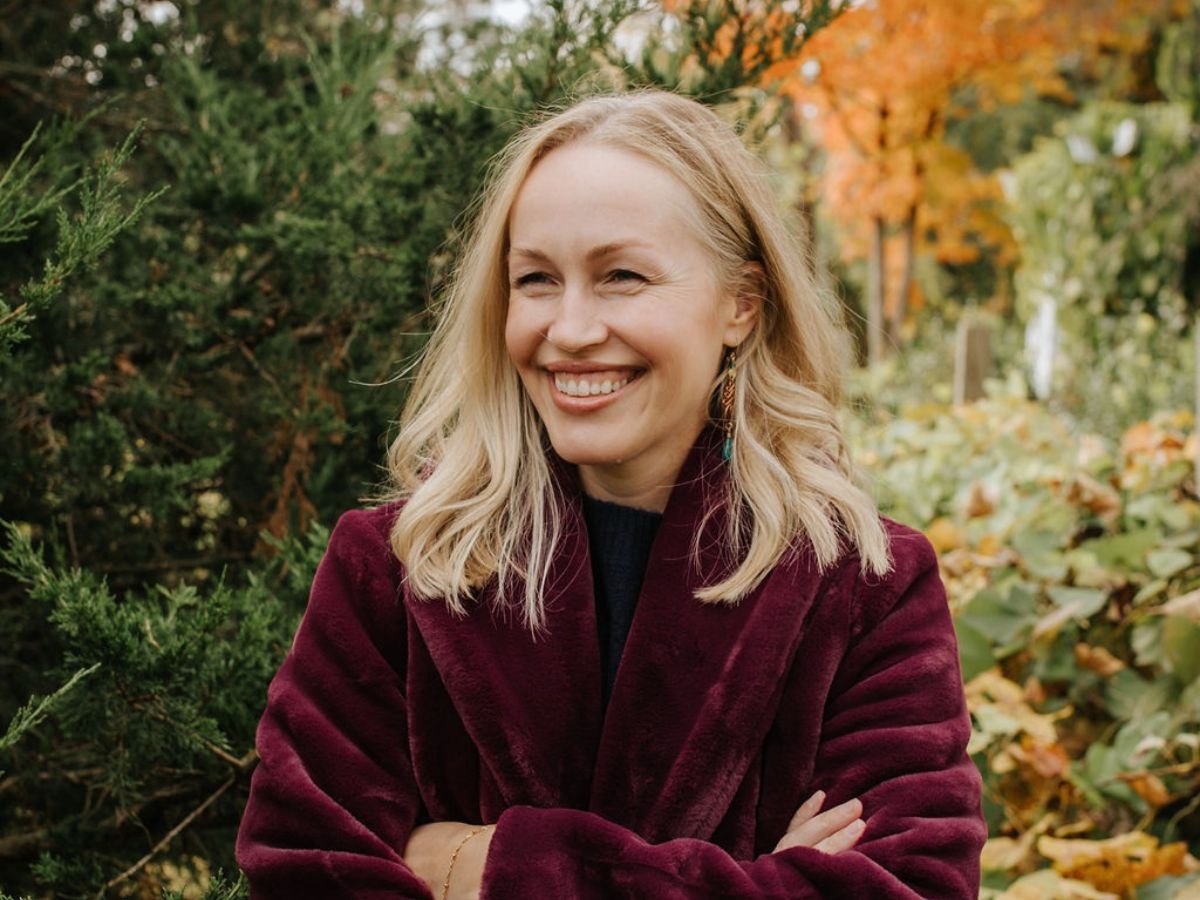Mother’s Day doesn’t always come wrapped in a neat bow.
For many women, it’s a complicated swirl of love, grief, memory, and longing - especially when we begin to see our mother’s face in our own.
It’s happened slowly for me. A glimpse in the mirror, a laugh that echoes hers, a gesture I swore I’d never mimic - but there it is. My mom. In me. Sometimes it makes me smile. Other times, it brings up something jagged.
My relationship with my mother was layered. She called herself the “crazy lady” as a kind of joke, but I often internalized that narrative more than I’d like to admit. Now, as I age, I sometimes catch myself wondering: Am I becoming her? And if so, which version?
Aging without alteration
I’ve chosen not to use fillers, injections, or surgeries. That’s not a moral stance - just a personal one, for now. I want to see my story unfold on my skin. And part of that story includes her: the way her cheeks softened, how her eyes crinkled when she laughed, the graceful way she has aged despite the hardships life threw her way.
This choice invites me into a deeper reckoning. Because to allow her face to live in mine is to allow space for healing. It’s not about idolizing her or ignoring the pain. It’s about integrating. Weaving in the parts of her that are worth keeping, and gently releasing the parts that are not.
The psychology of mother-daughter inheritance
Research shows that our relationships with our mothers shape our core sense of self, particularly our identity as women. According to a study published in the Journal of Family Psychology, daughters often internalize both positive and negative traits from their mothers, sometimes unconsciously, through a process called intergenerational transmission.
We don’t just inherit her nose or her laugh. We inherit the way she coped with stress. The way she talked to herself in the mirror. The way she treated rest, ambition, or nourishment. These patterns become embedded in our nervous system, shaping our worldview until - if we’re lucky - we become aware enough to choose what stays and what goes.
Psychologist Dr. Terri Apter notes that for many women, midlife can trigger what she calls the “mirror moment” - the recognition of a mother’s influence, not just in appearance but in temperament, behavior, and emotional reactivity. It’s in this moment we’re given a gift: the opportunity to pause, witness, and reclaim.
They did the best they could
My mom was loving, caring, self-centered, hurt, and sad. And I do believe she did the best she could with the tools she had.
Our mothers carried the weight of cultural expectations, patriarchal limitations, and often very little support. If they came off controlling, cold, or chaotic - it may have been how they survived their motherhood journey. And now it’s our work, our privilege even, to evolve the legacy.
Not to erase them.
Not to repeat them.
But to reconcile with them, inside our own hearts.
What I hope for my daughter
I want my daughter to look in the mirror one day and see strength, softness, and a lineage that made her proud.
Not because I was flawless. But because I modeled wholeness.
Because I showed her what it looks like to age with grace, to let the laugh lines stay, to name what hurt, and to pass down more love than fear.
That is the mother I’m still becoming.
That is the daughter I hope she gets to be.
A reflection for you, this Mother's Day
If Mother’s Day feels joyful - bask in it! If it feels hollow, complicated, or even painful - you’re not alone. This day is big, and so are our hearts.
Today, may you look in the mirror and see not just your mother, but the becoming of you.
Your beauty. Your wisdom. Your power to choose a new way forward.
You are not just your mother’s daughter.
You are your own woman now... and maybe someone else's mother.
Photograph by: Alle Sanchez Photography

